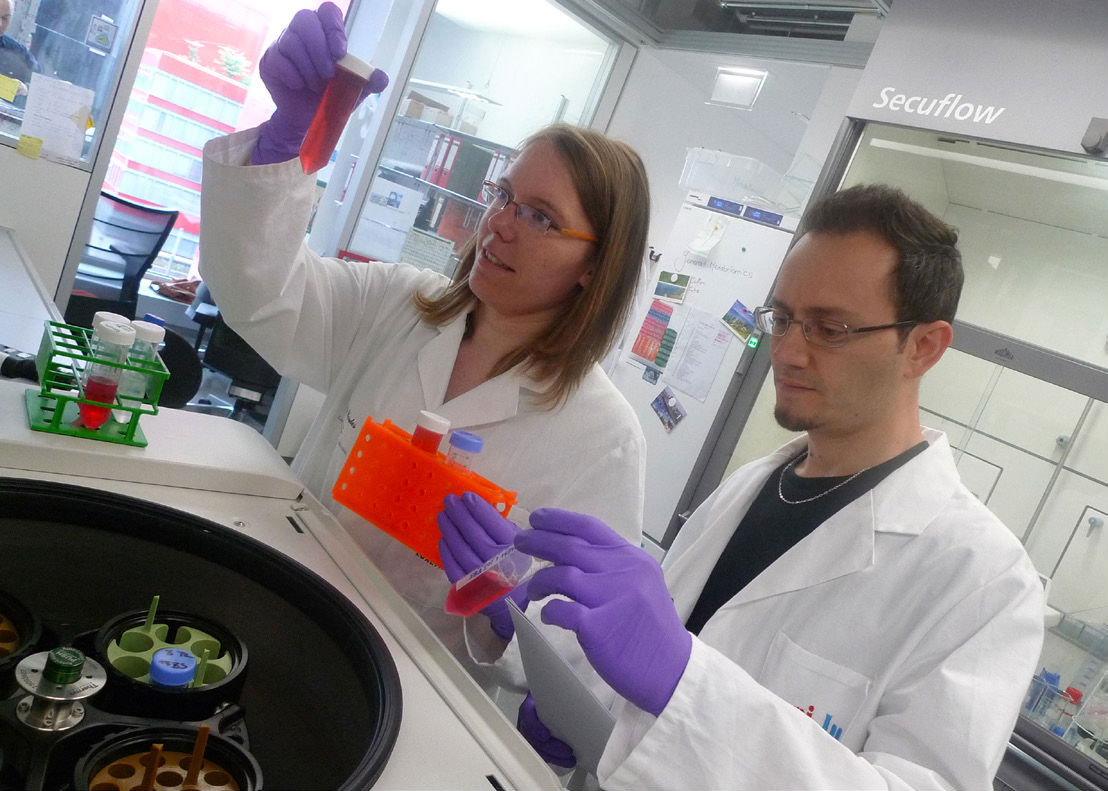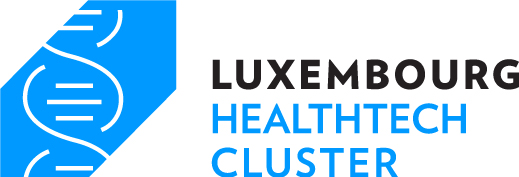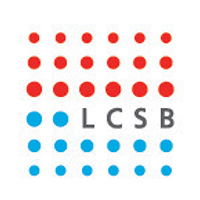Luxembourg Centre for Systems Biomedicine (LCSB)
Luxembourg Centre for Systems Biomedicine (LCSB)
Core business
The LCSB’s main focus lies in gaining a better understanding of the molecular mechanisms underlying disease, with an emphasis on the pathogenesis of neurodegenerative diseases. New targets for prevention and intervention of neurodegenerative disease and disease pathogenesis will be analysed in the context of complex biological network composition and behaviour and interpreted as perturbations in the homeostasis of physiological networks. Mathematical descriptions of such networks will be generated and used for the modelling and simulation of how diseases develop and how they are influenced by genetic predisposition or by external environmental parameters, such as drugs, nutrition and life style.
A core area of the research is dedicated to Parkinson’s disease. Within a systems approach, genetic, molecular and cellular analysis will lead to direct clinical translation, enabled through collaboration with hospitals in Luxembourg and abroad.

Products & services
LSCB as part of University of Luxembourg is focused in Research
Major HealthTech projects
The main aim of the LCSB researchers is to gain a better understanding of the molecular mechanisms that underlie neurodegenerative diseases. While scientists study several neurodegenerative diseases at the LCSB, Parkinson’s disease is their main focus. Close collaboration with clinicians and patients are of utmost importance. The aim is to contribute to earlier diagnosis and personalised treatment, for instance through its coordinating role in the recently established National Centre of Excellence in Research on Parkinson’s Disease.
LCSB researchers who study Parkinson’s disease are striving towards three main goals:
- to be able to diagnose Parkinson’s disease at an earlier stage, before motor symptoms occur;
- to define subtypes of Parkinson’s disease based on both the patient’s symptoms and the genetic/environmental factors that cause the disease; and
- to develop new treatment strategies which are more personalized and more efficient in the treatment of Parkinson’s disease.
Technical / technological capabilities
Systems biology is to a large extend driven by high-throughput and high-content technologies, such as next generation sequencing, transcriptomics, proteomics, metabolomics or imaging. So far, the LCSB has invested in the following specific technology platforms:
- high content cell culture screening and imaging facility;
- a neuropathology platform that provides in vivo murine model development and assessment for a variety of neurodegenerative diseases;
- metabolomics and fluxomics platforms;
- the LCSB bioinformatics core facility, which offers access to high performance computing and large data storage;
- a zebrafish platform for gene-function analysis and in vivo screening of small molecules;
- a mouse facility to study gene-disease relationships in vivo;
- a yeast platform for functional genomics studies; and
- induced pluripotent stem cell facility for studies on patient-derived cell cultures.

Main customers / collaborations
The LCSB has established strategic partnerships with leading biomedical laboratories worldwide and with all major biological and medical research units in Luxembourg. The centre fosters collaboration with industrial partners and accelerates the translation of fundamental research results into (clinical) applications.
Print this page Send by email




